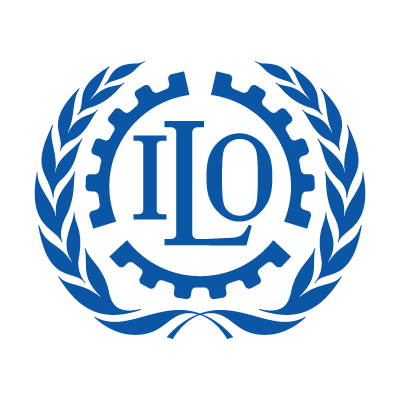Projects
Labour relations and inclusive development in emerging economies (ILO Project)

10
2013 - 2013
The aim of the comparative study is to examine the evolution of labour relations institutions and the role that they play in fostering inclusive patterns of development.
Project number:
-----

Industrial relations institutions, including collective bargaining, continue to play an important role in the process of wage formation in many countries. Their contribution to the reduction of wage inequality is well established. In respect of other outcomes, the literature suggests that this depends on complementarities between key institutions within a particular political and economic context. The most equitable, adaptable and productive arrangements appear to be the result of interactions between industrial relations institutions and other policies and institutions within a given context.The study will focus on major emerging economies – Brazil, China, India, Russia South Africa (BRICS) and Slovakia. CELSI participate as a partner for Slovakia. People involved from CELSI are Marta Kahancová (Project coordinator for Slovakia), Monika Martišková , and Brian Fabo .The aim of the comparative study is to examine the evolution of labour relations institutions (legal regulations, trade unions and employers’ organizations, tripartite (plus) social dialogue, minimum wage policies, collective bargaining and workplace relations) and the role that they play in fostering inclusive patterns of development. It will focus on both processes of inclusion (e.g. integration of labour as an interest group with other social organizations; the development of labour policies that cover all workers) and outcomes (e.g. wages, wage inequality; employment security).Each of the national studies will examine such developments in a historical context, providing insights on how this has influenced the strategies adopted by the actors, labour relations institutions and outcomes today. Each of the national studies will need to address the following issues so as to inform the comparative analysis:
- Evolution of labour relations
- Labour market challenges
- The new political economy between organized labour, organized employers/business interests and the state
- Transformation of labour relations at the workplace
- Evidence on effects of labour relations on labour market outcomes
- Analysis of data (e.g. GDP growth, CPI, unemployment and many others)
Publications:
Project events

